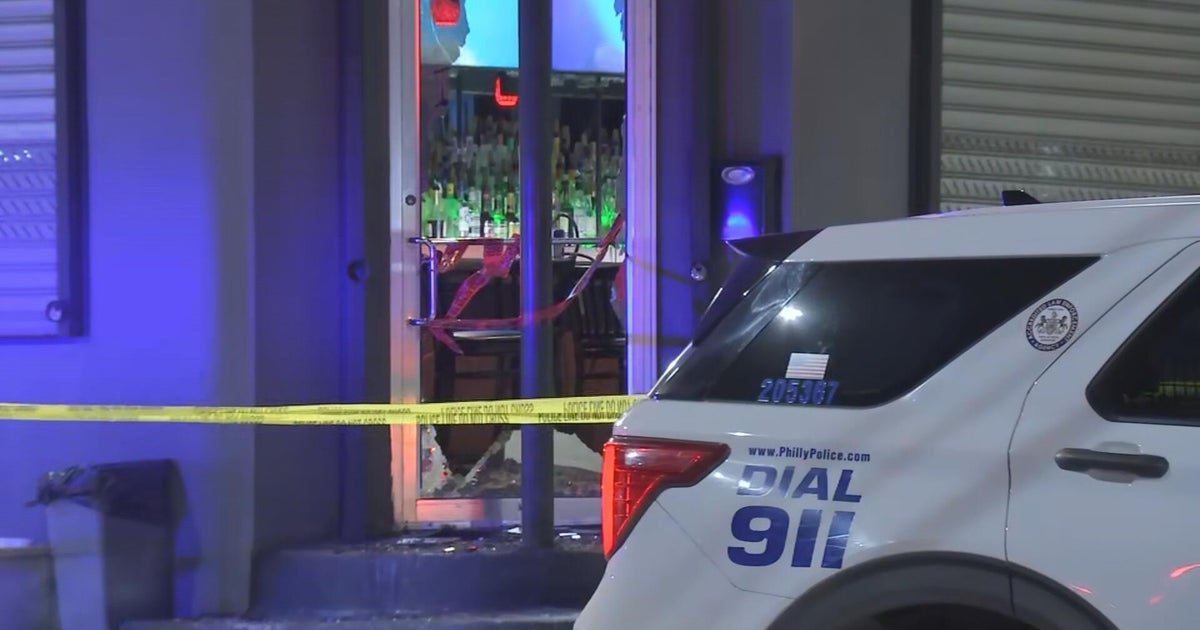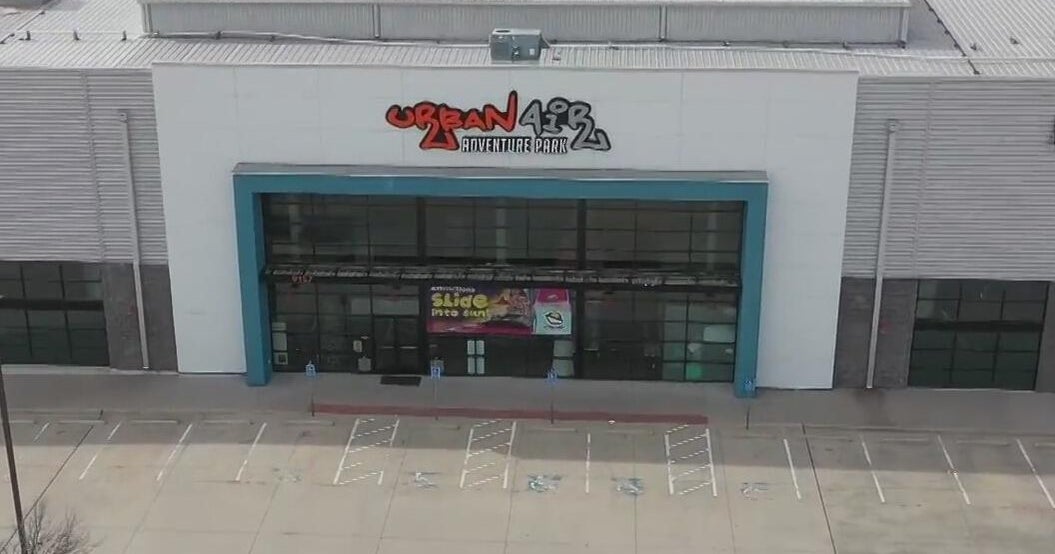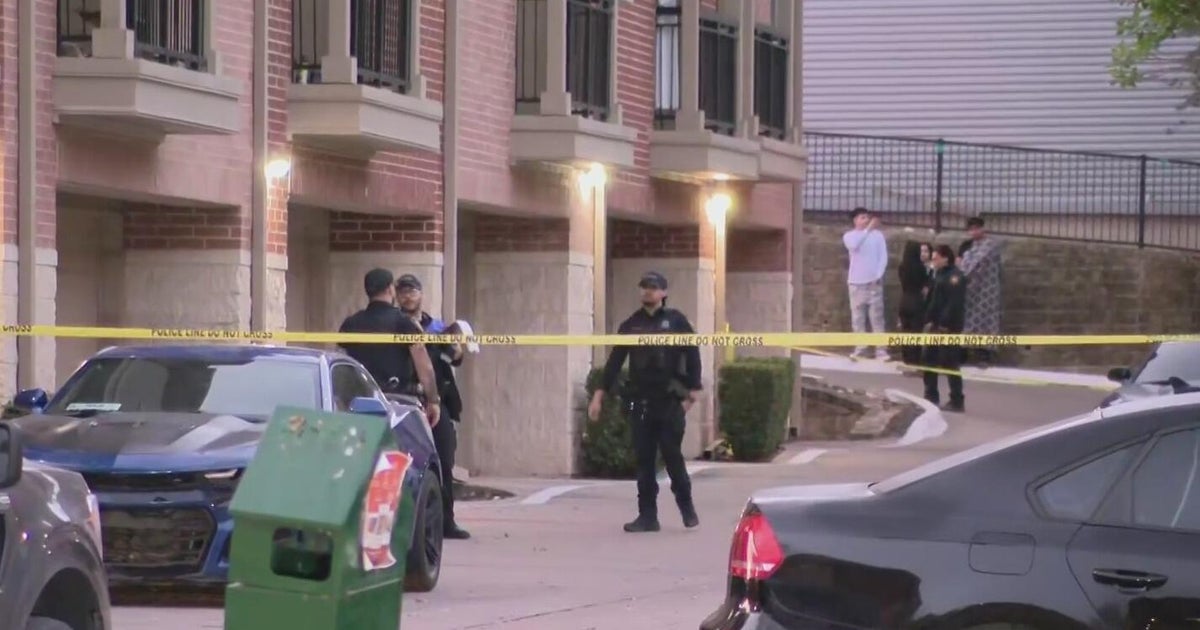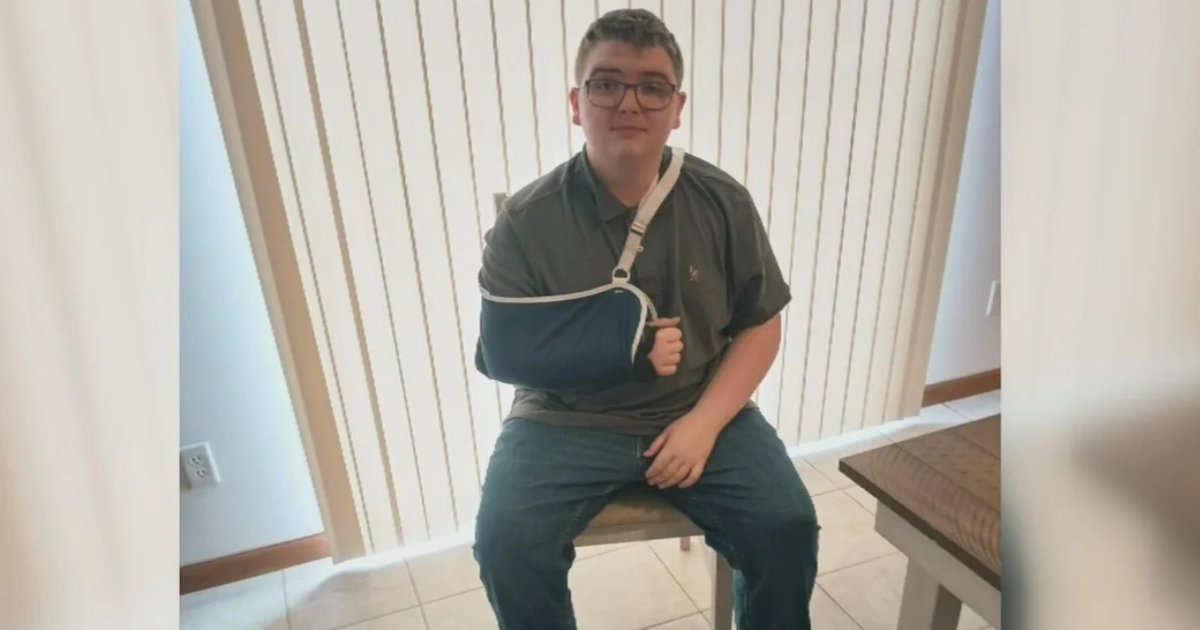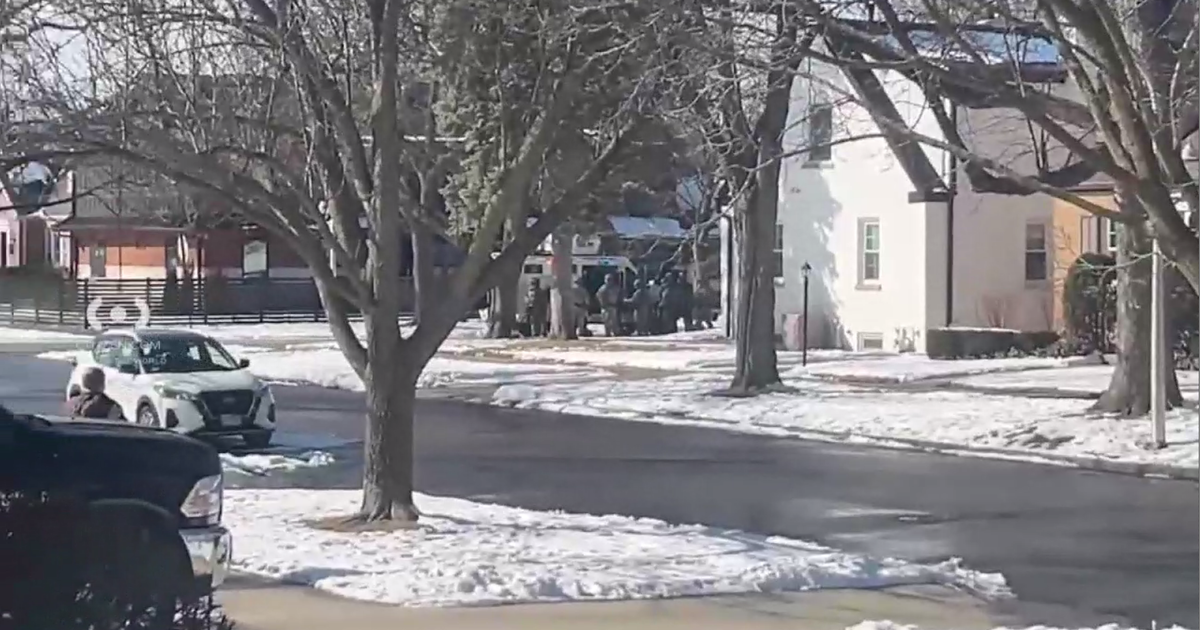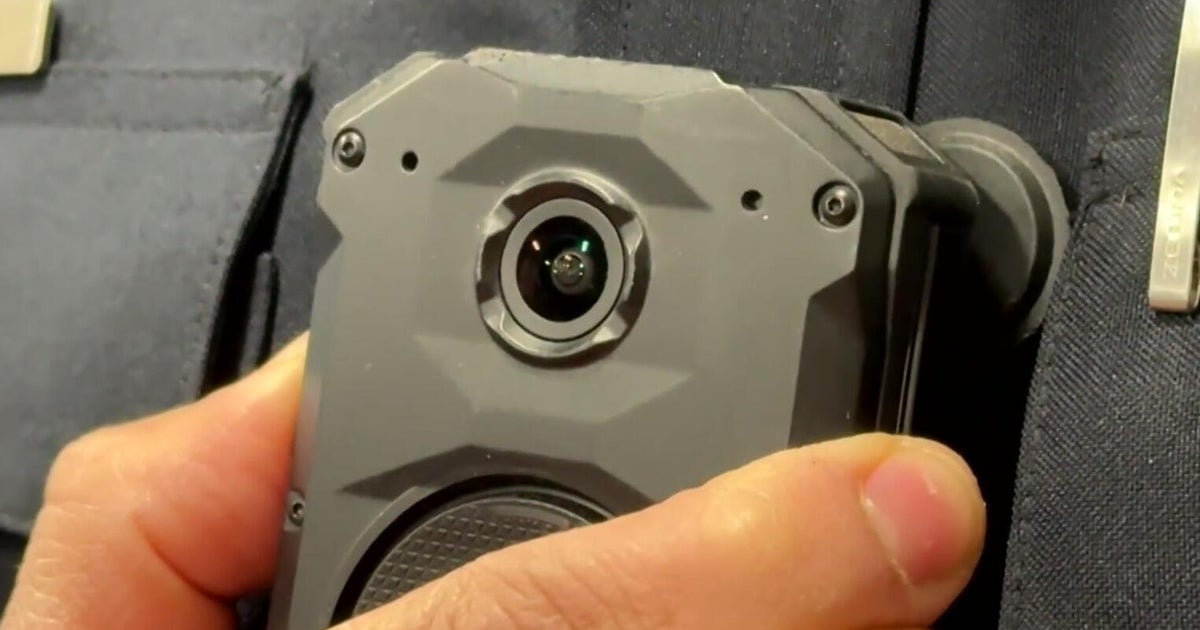North Texan Overcomes The Odds, Graduates From Dream School
NORTH TEXAS (CBSDFW.COM) - As a child, Ryan Dant often talked about attending the University of Louisville in Kentucky. It was a dream too painful for his parents to allow themselves to think about.
"We knew whenever he would say that, that's probably not going to happen," admits Mark Dant, Ryan's father.
They knew their son was not supposed to don a cap and gown. They were told he may not make it to his 10th birthday.
But in May, Mark and his wife Jeanne found themselves surrounded by sea of proud parents, celebrating the Class of 2017. Among those graduates, was their 29-year-old son. When Ryan's name was called to accept a diploma, Mark, was brought to tears.
"I started visualizing all the children who actually have that same dream as Ryan and wanted to be there but can't yet," he said.
Doctors diagnosed Ryan with a rare genetic condition called Mucopolysaccharidosis 1 or MPS-1 at age three. The diagnosis was a death sentence in the early 90's. There was no known treatment, and very little research available.
"I remember one specific time he asked me when I was lying next to him in bed… he asked me what it would be like when he died," Mark recalls. "He was probably seven," he said.
Children with MPS 1 are born without an enzyme that helps break down certain proteins. Over time, the protein build-up, causes joints to stiffen, damages organs and leads to severe brain decline. With no cure or treatment in sight, it was a race against time.
Mark, however, wouldn't take no for an answer. The family started the Ryan Foundation with a bake sale that raised a couple hundred dollars.
Mark served the Carrollton Police Department for 32 years. Off the clock, he would go door-to-door, raising money to help save his son.
"It's a miraculous story that didn't happen by chance. It happened by hard work and a little bit of chance maybe; the stars aligning'" he explains.
He raised more than a million dollars through charity golf tournaments and other events. He would eventually meet Dr. Emil Kakkis, one of very few scientists researching MPS 1.
The UCLA scientist had a big idea, but lacked funding.
The Ryan Foundation partially funded the clinical trial that tested Kakkis' idea: creating a synthetic version of the enzyme that is missing from patients with MPS.
Shortly before his 10th birthday, Ryan joined 10 other children participating in the clinical trial at UCLA.
"Without that clinical trial I wouldn't be here today," Ryan told CBS11.
The efforts led to the only FDA approved drug for people suffering from MPS 1: Aldurazyme.
It meant, Ryan, who had suffered excruciating headaches and whose fingers had started to curl, could return to enjoying life as a kid.
He could play sports again. And, he attended high school.
During his senior year, Ryan noticed he was having trouble remembering. He would cram all weekend for a test, only to forget it all come Monday morning. It became clear the drug was not reaching his brain. His dream of becoming a Louisville Cardinal seemed impossible.
"I had to drop a science course because I wasn't doing really well and that was the first realization of 'What am I going to do now?,' " he remembers.
A glimmer of hope came in the form of a separate clinical trial at UCLA. Scientists would be injecting the same drug Kakkis developed, directly into the spine as a way to get to the brains of patients with MPS 1.
But the blockage in Ryan's spine was so bad, doctors thought it would prevent the drug from getting to the brain.
Frustrated, Ryan took to social media.
"I made a Facebook post saying 'things are never easy,' " he remembers.
The post reached a UT Southwestern nurse who the Dant's knew well.
She in turn spoke with Dr. Elizabeth Maher, Associate Professor of Internal Medicine, and Neurology and Neurotherapeutics with UT Southwestern's Peter O'Donnell Jr. Brain Institute.
The stars aligned. The team mirrored UCLA's trial in what's known as a compassionate use trial.
Dr. Maher hoped to break down the protein buildup clogging Ryan's spine, by administering the drug via spinal tap.
" [The protein build-up is] sort of like a dam. If we could break through the dam, then the drug would have an opportunity to get to the brain," explains Maher.
Months after the treatment, they started seeing concrete improvements.
Maher recalls an important milestone. "He said for the first time in his life, he was able to read a book cover to cover and remember the story," she said.
Two weeks after graduation, Ryan is back in North Texas. The Louisville resident visits UT Southwestern every 12-weeks for treatment.
He is forever grateful for the team that saved his life, and the one that is helping him live it fully.
"I was able to get my associates degree at Brookhaven College and then I was able to transfer to my dream school, The University of Louisville," he says.
He was able to graduate with a 3.55 GPA.
"I know by him taking every single step across the stage, he was leading the way for others to know that it can happen. You just have to keep trying," said Mark.
